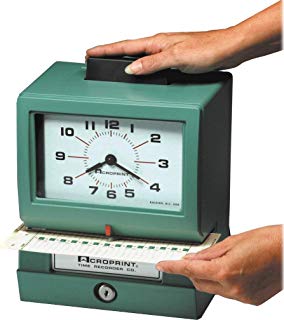This is the context:
In my pessimistic moments, I think that in 10 years string theory is not going to be complete, because what's going to have to happen is a genius is going to have to appear and that doesn't occur on anybody's time clock.
I searched for it and didn't find anything useful except these examples:
They were up at 9, not on anybody's time clock but their own.
Freckles: Angel on Her Shoulder By Eric G. Waggoner
or
Bart, wait here a few moments and talk to Jerry. Up here. Where it's safe. You're not on anybody's time clock right now.
Paradise Mine By Charles Bright
Can anyone help?

